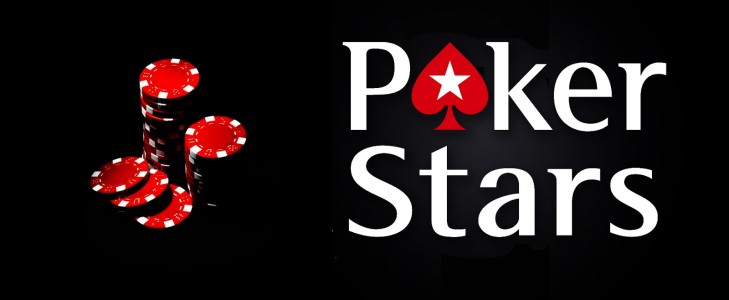When PokerStars brokered a deal to buy Full Tilt for $731 million, they probably thought that this bit of goodwill would eventually gain them a foothold in the U.S. online poker market. However, after rejections in Nevada and New Jersey (for now), there’s been no forgiveness for PokerStars’ violation of the UIGEA. But could that finally change with Pennsylvania now considering legal iGaming?
Thanks to PA State Rep. John Payne, Pennsylvania now has an online poker bill (HB649) on the table. Initially thought to cover all forms of online gaming, HB649 mainly seeks to focus on iPoker. That said, let’s discuss the main points of this poker legislation along with what its chances are of passing.
Interstate poker and no bad actors
One great thing about this bill is that Payne didn’t include a bad-actor clause, which is language keeping companies that violated the UIGEA following 2006 out of the market. This is excellent news for PokerStars, which received a 10-year ban in Nevada and is still waiting on New Jersey to review their application. But it looks like Pennsylvania will be more open-minded, and it would be great to see the world’s largest online poker site included.
Another aspect to love about Payne’s bill involves the phrase “interactive gaming agreements,” which indicates that they’re open to interstate poker. So if Pennsylvania were to pass this bill, it’s definitely possible that they could be negotiating pacts to share player pools with other states. New Jersey would certainly prove an attractive partner, given their population of 8.94 million people. And California and their 38.8 million people would be the holy grail if they legalize online poker.
Motivation to pass the bill
Unlike California, there’s a good chance that PA won’t spend years debating iPoker and arguing over a couple of sticking points. This state is facing a $2 billion budget shortfall and their big land-based casino industry has been pretty stagnant as of late. So the motivation is definitely here for Pennsylvania to move quickly and pass HB649.
What’s more is that, given disappointing iGaming revenue in Nevada and New Jersey (compared to projections), Pennsylvania has seen the precedent of not allowing PokerStars in the marketplace. So it certainly seems in their best interests to leave bad-actor language out and maximize their chances of reducing the state budget shortfall.
Of course, Pennsylvania is still in the very early stages of passing legislation. And judging from other U.S. states, it could be some time before a bill passes here…or it could be much sooner.
